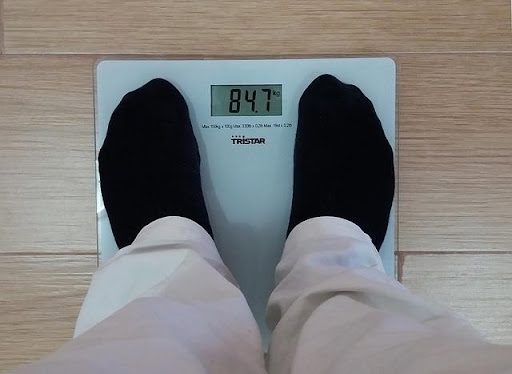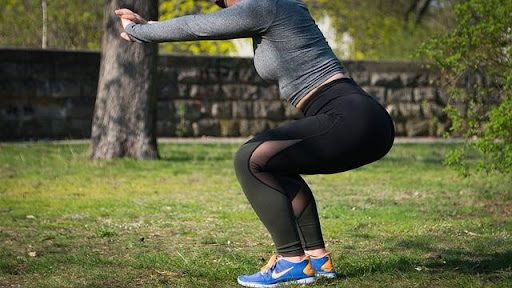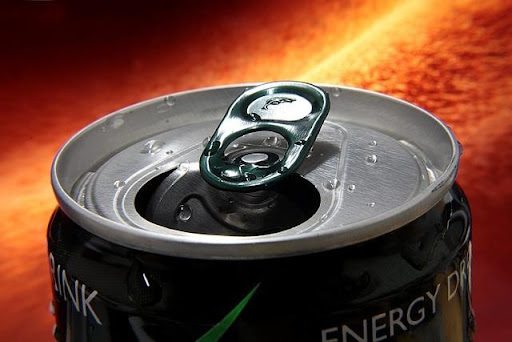
Are you suffering from urinary incontinence or a member of your family? You aren’t alone; millions of people are suffering from this condition. Although incontinence is more prevalent in the aged population and women, it can affect people of all ages. When the situation occurs, it leads to issues like reduced confidence, stigma, and others.
Many things can lead to urinary incontinence. Regardless of the cause, you can get treated and return to everyday life. Usually, the treatment choice depends on the degree of the condition upon examination by the doctor. Severe cases might need surgeries, while in mild cases, life adjustment practices can help to control the situation.
Also read: The Role of Energy Metabolism in Weight Management
If urine leakage has affected you directly or indirectly, this article discusses ways to get rid of incontinence at home.
What Is Urine Incontinence?
Urinary incontinence means loss of the ability to control the bladder. The balder is an organ that stores urine before it’s expelled from the body. Keeping the bladder closed are the sphincter muscles that only open voluntarily when you have the urge to urinate.
Incontinence happens when the sphincter muscles weaken and can’t hold the pressure from the bladder, causing involuntary urine leaks. The leaks can be small or large amounts of urine caused by slight pressure from coughing, sneezing, or lilting.
In severe cases, urine can leak without any pressure applied, fortunately, high-quality adult pull ons can provide an effective remedy.
Some of the urinary incontinence causes include:
- Obesity
- Nerve damage
- Constipation
- Certain medication
- Surgeries
- Weakened pelvic floor
- Infections
- Stimulants like caffeine
How to Get Rid of Urinary Incontinence
1. Check Your Weight

Being overweight comes with tons of problems. One of the problems you can experience is bladder leaks. The excess weight exerts a lot of pressure on the abdominal and pelvic cavities, stressing the organs in these areas. Studies show a direct link between weight gain and increased occurrences of incontinence, whereby adding 5 units of body mass increases risk by 20%- 70%.
Cutting weight is, therefore, one of the ways you can improve incontinence. By checking your diet and engaging in physical activities to reduce weight, you will see improvement and probably a complete cure for incontinence.
2. Drink a Lot of Water
Does this sound confusing? Well, it should not. Having incontinence should not hinder you from drinking the recommended amount of water. Usually, you should drink up to 8 cups of water daily.
People with incontinence fear drinking water to avoid amplifying the problem. However, you should have enough water since it helps alleviate the problem.
Drinking enough water is vital since it helps to prevent constipation. Also, water helps to keep your kidneys healthy.
3. Address Constipation Promptly
Constipation can also accelerate the development of incontinence. When you have constipation, you apply a lot of pressure to poop. Excessive pressure can cause weakening of pelvic muscle and bladder, resulting in incontinence.
If you notice constipation, it’s essential to address it urgently. Eating healthy food rich in roughage can help to reduce constipation issues. Additionally, empty your bowel when you feel the urge.
4. Strengthen Your Pelvic Muscles

Pelvic weakening can happen due to many things, like vaginal childbirth and chronic coughing. When the pelvic floor is weak, you might experience urine leaks and constant urinary tract infections.
Strengthening pelvic muscles is vital in countering the effects. There are various ways you can use to boost your pelvic muscles, like Kegel exercise, quick heels, marches, and diaphragmatic breathing. The exercises help in improving multiple pelvic-related issues, including urinary incontinence.
Also read: 6 Major Nutritional Value Of Soy You Need To Know
5. Quit Alcohol and Smoking
Alcohol is known to increase the symptoms of urinary incontinence, and so is smoking. The two can trigger overactive bladders, leading to increased incontinence symptoms. Alcohol has diuretic effects that trigger more urine production. The antidepressant nature causes the bladder muscles to contract and also causes irritations.
Smoking, on the other hand, can cause severe cough, which directly affects your pelvic floor. The coughing leads to urine leaks due to the pressure. Also, tobacco irritates bladders, leading to frequent urges to urinate.
Avoiding tobacco and alcohol use can significantly improve incontinence symptoms.
6. Limit Caffeinated Drinks Intake

Caffeine is one of the most consumed stimulating drugs known to stimulate the body and mind. But, it can also increase the urge to urinate due to the diuretic properties; hence, you find yourself experiencing more frequent urges to urinate.
Besides increasing the urge, the compound can also irritate the bladder, creating an increased pee feeling. The combined effects can significantly affect people with incontinence problems. If you have urine leaks, cut caffeinated drinks like coffee, tea, and energy drinks. This will let you experience improvement in your incontinence symptoms.
7. Avoid Lifting Heavy Loads
Weight lifting can improve your pelvic strength. However, you must maintain a safe weight to benefit from the weight-lifting training. Excessive weight lifting, on the other hand, can seriously affect your bladder if you have a urine leak problem.
When lifting objects is inevitable, it is crucial to prepare in advance to prevent incontinence exacerbation. Usually, tightening the pelvic floor before lifting will protect you from increased incontinence symptoms.
Conclusion
While incontinence can strike anytime, it’s worth knowing how to deal with it. Apart from the regular medication, incorporating extra measures to facilitate faster recovery. By implementing these steps, it is now possible to accelerate your incontinence recovery process.



